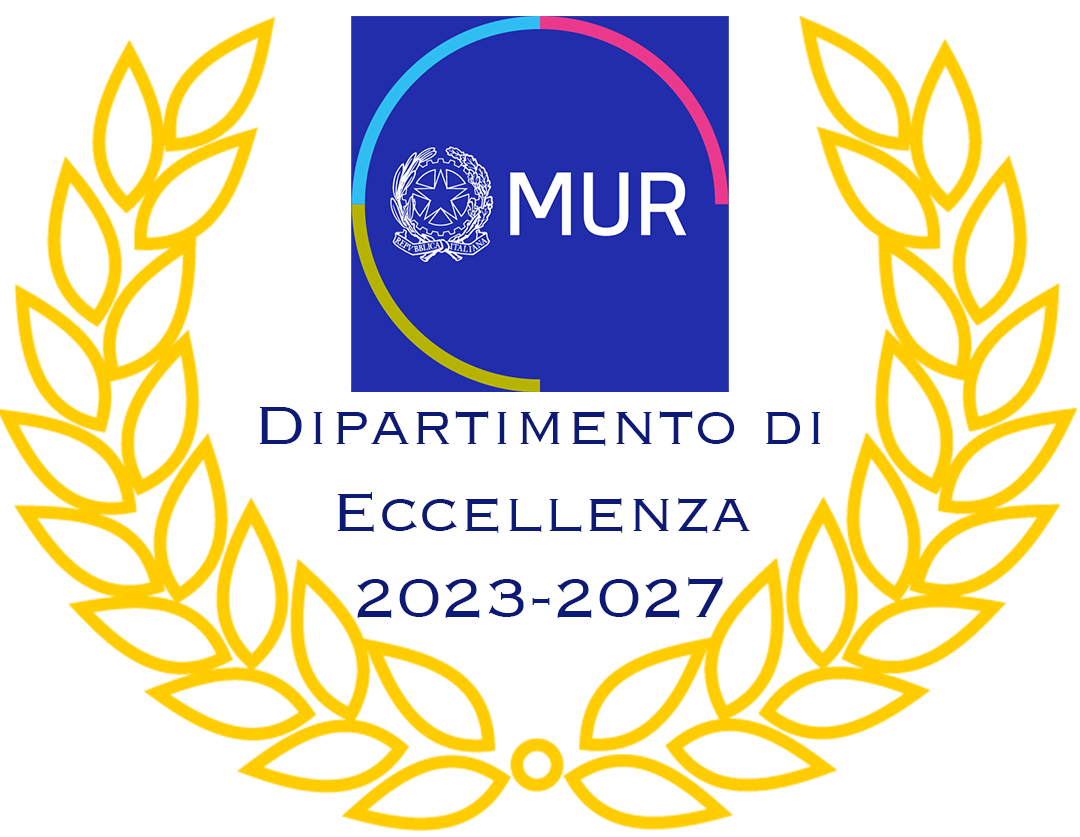The Third Mission refers to the set of activities thanks to which Universities directly interact with the world of production and the society, alongside with the traditional missions of teaching (the first mission, based on the interaction with students) and research (the second mission, which mainly interacts with scientific communities or peers). The main distinction is between:
- Third Mission for economic optimization of knowledge;
- Third Mission for culture and the social.
In the first case, the Third Mission aims at promoting economic growth, by transforming the knowledge gained from research into knowledge which is useful for productive purposes.
Managing intellectual properties, setting up spin-off companies, doing research for third parties, guiding and managing intermediaries and support structures are part of this scope. On the contrary, the production of public goods to develop the welfare of societies is part of the second scope.
Such goods can have different contents: cultural (events and cultural heritage, management of museum centers, archaeological excavations, scientific dissemination), social (public health, activities supporting communities, technical/professional consultancy services provided as a team), educational (adult education, life-long learning, continuing education) or can be about civil awareness (public debates and disputes, scientific expertise).



